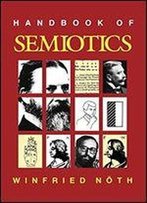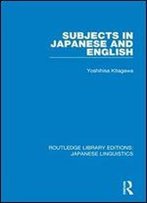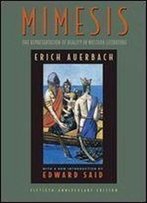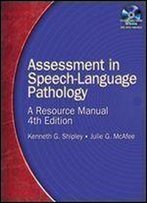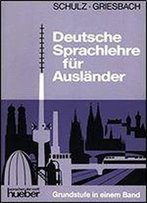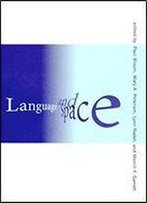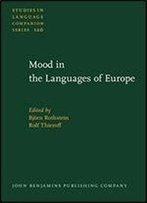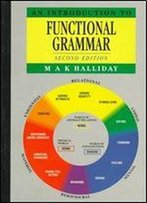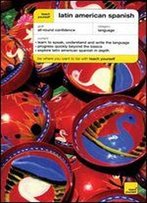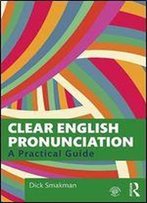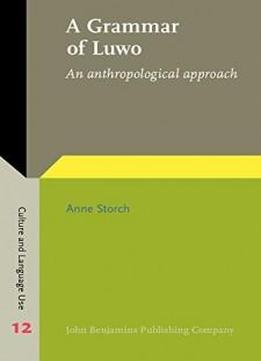
A Grammar Of Luwo: An Anthropological Approach (culture And Language Use)
by Anne Storch /
2014 / English / PDF
2.2 MB Download
This book is a description of Luwo, a Western Nilotic language of
South Sudan. Luwo is used by multilingual, dynamic communities of
practice as one language among others that form individual and
flexible repertoires. It is a language that serves as a means of
expressing the Self, as a medium of art and self-actualization, and
sometimes as a medium of writing. It is spoken in the home and in
public spaces, by fairly large numbers of people who identify
themselves as Luwo and as members of all kinds of other groups. In
order to provide insights into these dynamic and diverse realities
of Luwo, this book contains both a concise description and analysis
of the linguistic features and structures of Luwo, and an approach
to the anthropological linguistics of this language. The latter is
presented in the form of separate chapters on possession, number,
experiencer constructions, spatial orientation, perception and
cognition. In all sections of this study, sociolinguistic
information is provided wherever this is useful and possible,
detailed information on the semantics of grammatical features and
constructions is given, and discussions of theory-oriented
approaches to various linguistic features of Luwo are presented.
This book is a description of Luwo, a Western Nilotic language of
South Sudan. Luwo is used by multilingual, dynamic communities of
practice as one language among others that form individual and
flexible repertoires. It is a language that serves as a means of
expressing the Self, as a medium of art and self-actualization, and
sometimes as a medium of writing. It is spoken in the home and in
public spaces, by fairly large numbers of people who identify
themselves as Luwo and as members of all kinds of other groups. In
order to provide insights into these dynamic and diverse realities
of Luwo, this book contains both a concise description and analysis
of the linguistic features and structures of Luwo, and an approach
to the anthropological linguistics of this language. The latter is
presented in the form of separate chapters on possession, number,
experiencer constructions, spatial orientation, perception and
cognition. In all sections of this study, sociolinguistic
information is provided wherever this is useful and possible,
detailed information on the semantics of grammatical features and
constructions is given, and discussions of theory-oriented
approaches to various linguistic features of Luwo are presented.
